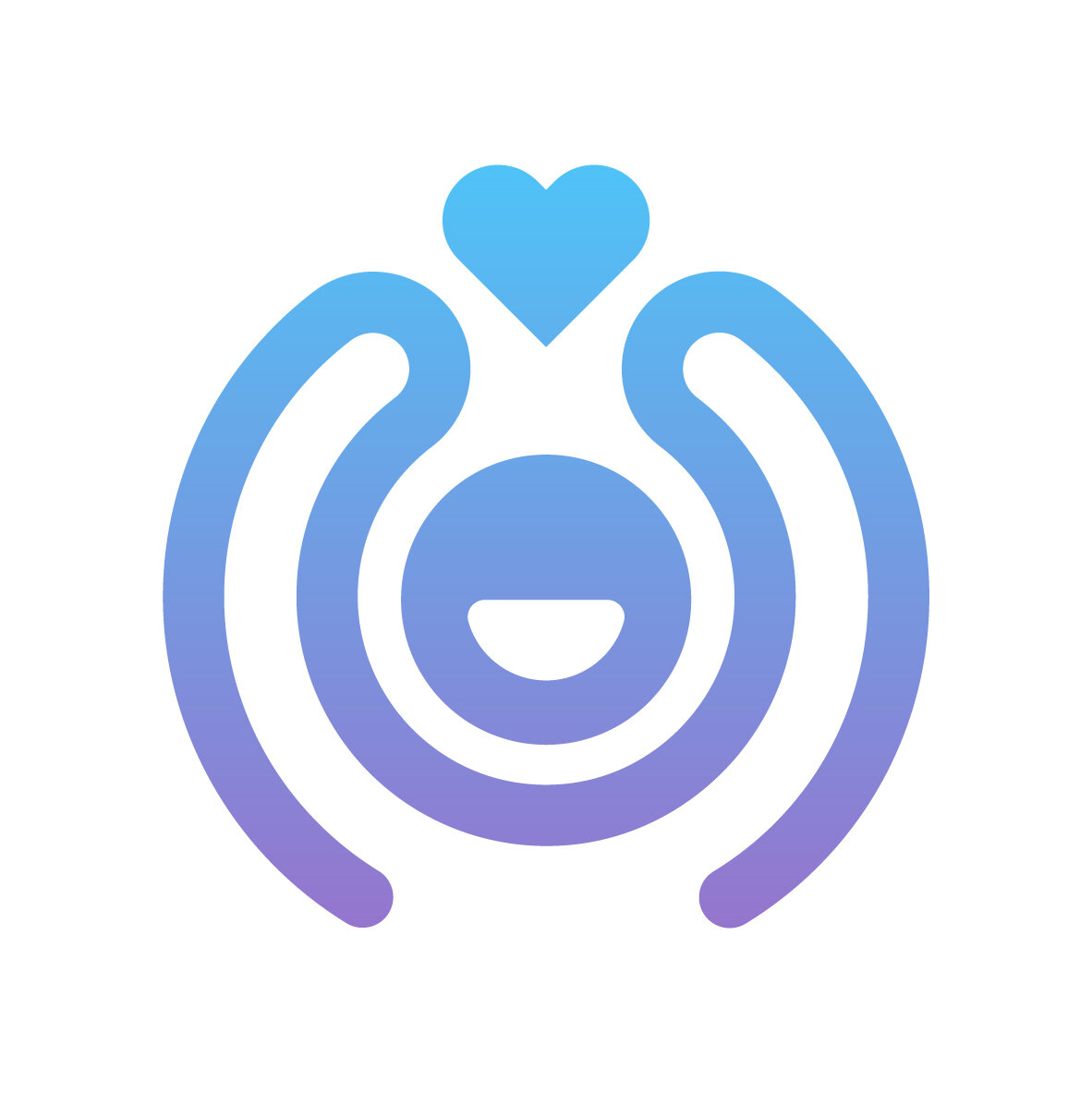Reducing Post-Interview Bias
At this point, it's well-documented that we have biases. And when we look at the candidate experience, the research tells us that we have to setup structures to mitigate biases before or during interviews.
What I haven't seen are guides to check our own biases after the interview. This is when we're reflecting on the interview and need to make a decision. Often, I've seen that "gut feel" take charge, rather than us questioning our own judgements.
To combat this, I spoke with some incredible Diversity, Equity, Inclusion, and Belonging experts to see how we can challenge our own thinking and "gut". Here’s what we’ve come up with:
Identify and Accept Differences
Remember that diversity isn’t only based on race, gender, or nationality. It includes neuro-diversity, personalities, abilities, experiences, and thought.
We need to seek and accept the different perspectives that others bring, which drives success in teams.
Think Beyond the Role
Instead of thinking if this person can be successful in the role, or has the ability to accomplish the work, check with yourself to see if this candidate will help your team succeed.
By asking if they bring qualities and strengths that your team doesn’t currently possess, you make your team that much stronger.
There’s No Perfect Candidate
As much as hiring managers would like, it’s rare and costly to find and hire the “perfect” candidate.
By expanding your search to find qualified candidates who can develop their skills will allow you to expand your talent pool.
And by developing others, you’ll want more people to work for you in the future.
Status Quo is an Anchor
Maybe your last employee in this role was great, or maybe this is an exciting new position. Either way, holding the status quo is an anchor and prevents innovation.
Find someone who will challenge your own thoughts, your team’s development, and your organization’s processes to do things better.
Growth is not without challenge, so why not bring that challenge in.
Get Rid of Affinity Bias
Yes, we want to connect with others who are like us. When it comes to innovation and the employee experience, that sense of belonging and inclusion is more important than ever.
And rather than connecting over your personal values, take a more objective approach by checking to see if they hold the same values your organization does.
Differences Make All the Difference
Similar to finding strengths not found on your team, look for traits your organization doesn’t already have.
Is there a perspective that this candidate brings that the company has never seen or accounted for?
If this person has radical ideas, will they push the company into new markets, connect with different demographics, or enhance the employee experience?
Check Your Bias One More Time
You know the saying, “Measure twice, cut once”? Same thing applies here. Double check your thinking, and even check with others.
Interviews are essentially speed dating, and they need to be a bit more drawn out in order to make a long-term decision. So, even if you don’t connect with them in that short interview, ask yourself if it is going to prevent you from working well with them? Or if it’s going to prevent you from succeeding in their role?
Shoutouts
Thank you so much to the amazing contributors to this article:
Katherine McCord, Founder of Titan Management
Sejal Thakkar, Founder of TrainXtra
Yvonne Alston, Founder of Indelible Impressions Consulting
Joe Motes, Host of the Inclusion Cafe Podcast
Frequently Asked Questions (FAQ’s)
Why does this matter?
Because we all have biases. Yes, we can become aware of them, and work to mitigate them, but they’ll always be present. So we need tools to check our biases to help us make better decisions.
Who can/should use this guide?
Anyone part of the candidate experience like recruiters, talent acquisition, human resources, people operations, hiring managers, and any interviewers who are part of the interview process for candidates.
Is there anything else I should do?
If you haven’t already, learn about biases, identify your own, and expand your experience with those who have different backgrounds, cultures, and personalities.
Oh, and make sure you check out the latest Leading People First podcast episode.








